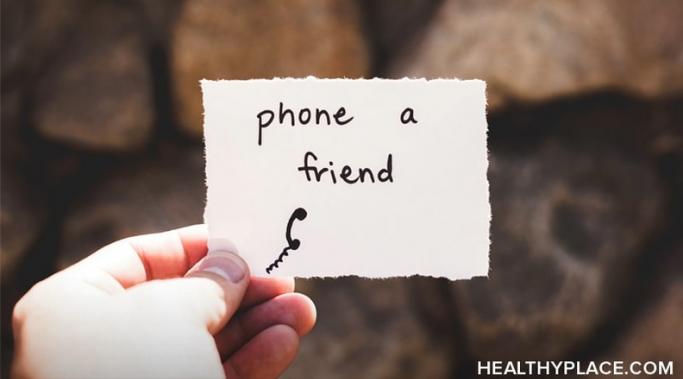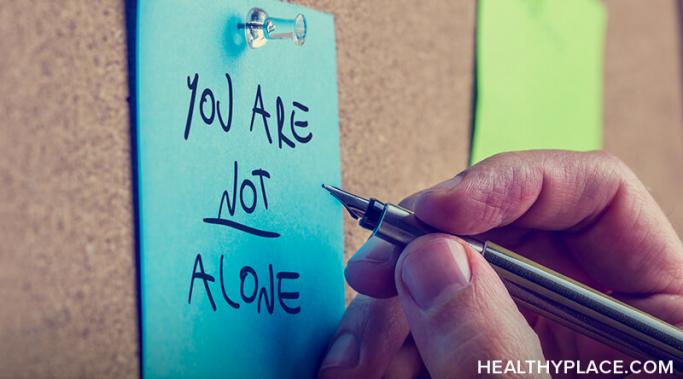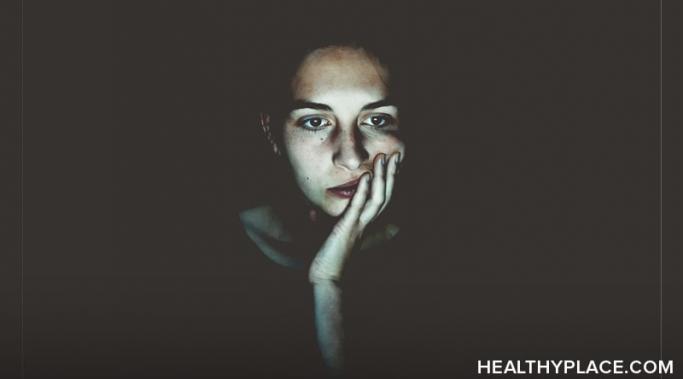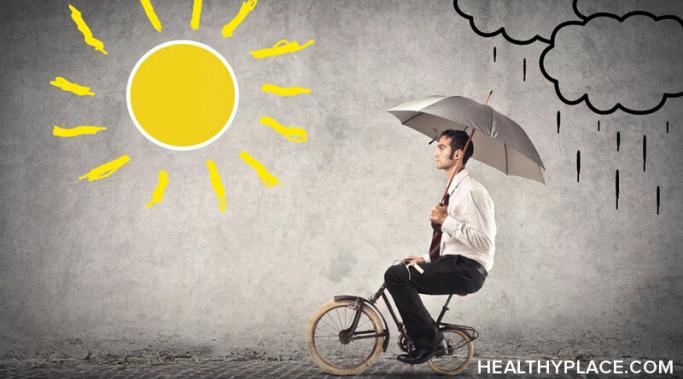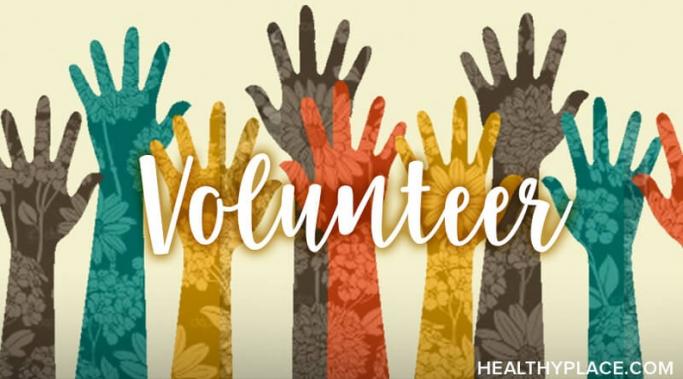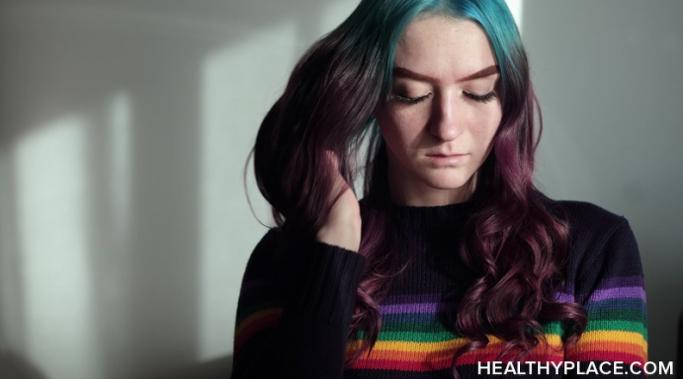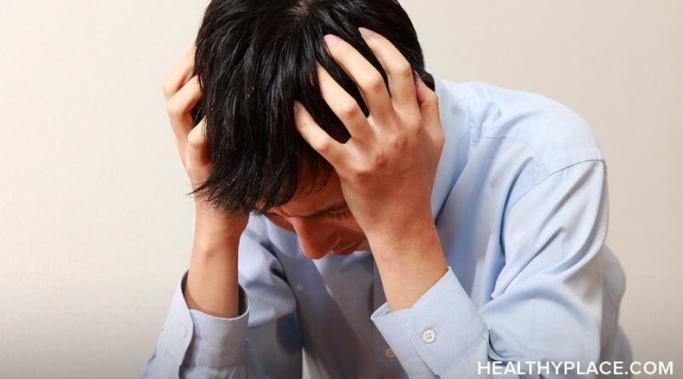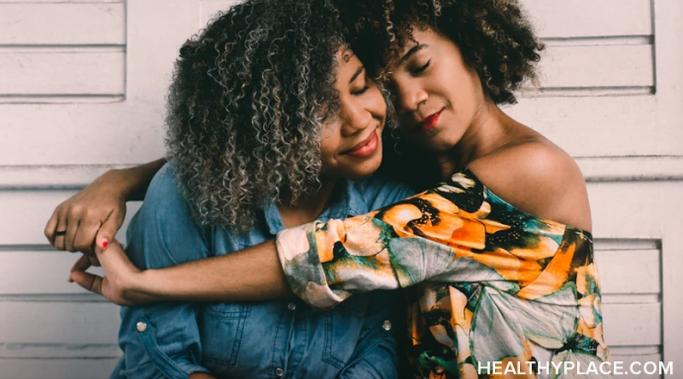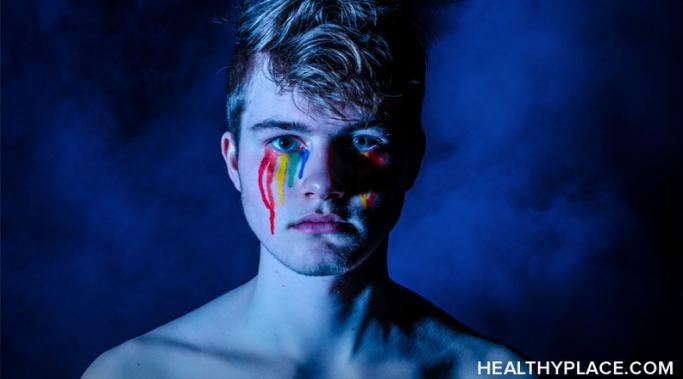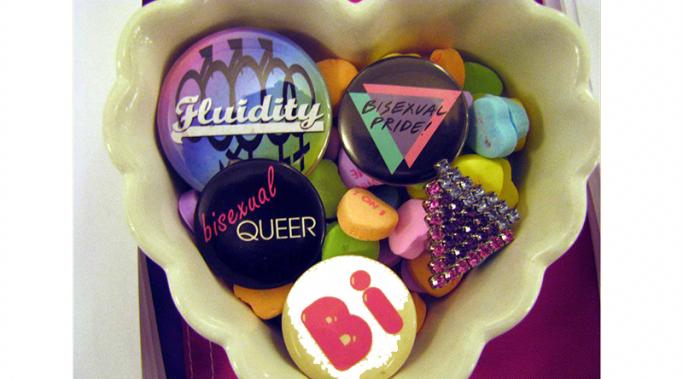My coping skills for anxiety used to consist of immersing myself in my community or visiting a friend. I would frequently mix and mingle with my community to lighten the burden anxiety would put on my shoulders. We are now six months into a pandemic that calls for us to isolate and distance ourselves from those who keep us grounded. This lockdown has led me to find creative ways to search out my community as I needed new coping skills for my anxiety.
LGBT Mental Health Care
September 10th is World Suicide Prevention day. No better time to shine a light on the high rates of suicide completion and suicide attempts that are present here in our gay, lesbian, bisexual, transgender, queer, intersex, asexual, etc. (LGBTQIA+) community. Trigger warning: this post involves frank discussion of suicide and a suicide attempt.
I'm not alone in using video games like "Animal Crossing" to cope with my mental illness. Ever since the shelter-at-home orders back in February, gamers have been purchasing the Nintendo Switch faster than they can be physically made. Video games became a form of escapism, and what was once a pastime became a coping mechanism for those stuck at home. While I’ve been trapped in my apartment in this pandemic, no Nintendo Switch game has been more useful for exploring and coping with my mental illness than "Animal Crossing."
As an autistic person, I have been told many times that I am “sensitive.” My whole life, the smallest of inconveniences or changes in plan can bring me to tears. Getting stuck in the rain would cause a full meltdown. I’ve even had a doctor dismiss my symptoms and tell me “you’re just too sensitive.”
The murder of George Floyd sparked an unprecedented civil rights movement and has changed our country dramatically. The face of the Internet has been completely reshaped, and discourse about racism is at the forefront of all of our conversations. Sometimes, especially for the mentally ill, the amount of information whizzing by is overwhelming.
Recently, my home state proposed a bill that would have banned conversion therapy for lesbian, gay, bisexual, and transgender (LGBT) youth. Although the bill didn't pass, it created greater awareness for how damaging conversion therapy can be to a person's mental health, especially for teenagers. So many young queer people are coerced into therapy that they believe will "cure" them of something that wasn't harming them to begin with. And because people's gender identity or sexual orientation is such an inherent part of who they are, conversion therapy can lead to serious mental health issues and perpetuate gay discrimination.
Recently, I had a conversation with a friend about her relative who has obsessive-compulsive disorder (OCD). She was worried for her relative because he told her that part of his OCD involved worrying that he was gay. Until then, she'd never heard that rumination about your own sexuality could be an OCD symptom and felt like her relative was probably just part of the lesbian, gay, bisexual, and transgender (LGBT) community.
I believe in the importance of self-care, especially for lesbian, gay, bisexual, transgender, and queer (LGBTQ) people. But I wasn't always this way. In fact, until this past year, I'd heard about the self-care movement but dismissed it as "narcissistic" or "selfish." I also thought that I didn't deserve to take care of myself when I could spend that time helping others.
Since I'm openly transgender, I sometimes get comments that my identity is a mental illness because "gender dysphoria" is in the DSM-5, the official diagnostic tool for psychiatric disorders. To me, this reflects a misunderstanding about what gender dysphoria is and how it's treated. While most trans people experience dysphoria, especially before transitioning, not all trans people do for their whole life. For that reason, it's possible for someone to be transgender but not have gender dysphoria.
The decision to come out as queer may affect your mental health and is a very difficult and emotional decision. There are many people who do not have the chance to come out as lesbian, gay, bisexual, transgender or questioning (LGBTQ) because of discrimination and potential violence. Many young LGBTQ people run the risk of getting kicked out by their parents. When a person is safe and comfortable to come out as queer, though, the results can be extremely positive and can even improve his or her mental health.
